The Watchman, a Critical Review of a Sermon by Bertrand Comparet
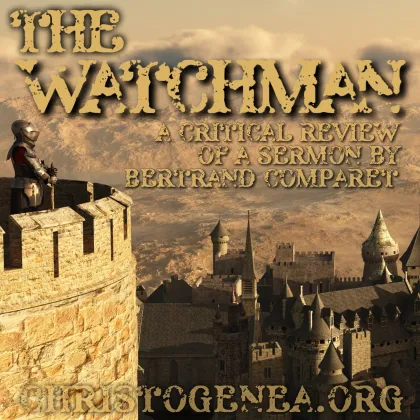
Notice: The original recording had some gaps, and several hundred words missing, especially from 11:28 to 13:16. These gaps were in the original recording as it had been recorded, and there is no explanation since there were no evident spaces in the recording itself. The recording software must have been freezing intermittently for this to have occurred. So I have made a new recording, posted on Sunday afteroon at about 5:45 PM, and that now appears here for download, as well as in the player above. Doing that, I have also amended some of the notes below. - William Finck
The Watchman, a Critical Review of a Sermon by Bertrand Comparet
There are two general attitudes which are prevalent among Identity Christians towards politics and the economic, social, demographical and political circumstances in the United States today, and also in others of the nations which were formerly known as Christendom. The first attitude is conservatism. Those who have this attitude hope that somehow the nation can prevent a disastrous meltdown, that politicians can fix things, that they can stop the slide to oblivion, or at least, slow it down. But this is not what the Scripture warns, as the apostle Peter had professed, in 2 Peter chapter 3, “7 But the heavens and the earth, which are now, by the same word are kept in store, reserved unto fire against the day of judgment and perdition of ungodly men.” That is the only fitting judgment for Sodom.
Often, people who fashion themselves as conservatives take such a position because they are selfish, or self-preserving; because they want to hold onto and enjoy the things which they have, and retire comfortably to a life of leisure. Identity Christians with these attitudes may not admit it, but it is fully apparent in their social media profiles and their ongoing participation in the political process. They know what the Word of God says in the prophets and the Revelation, they know the world is worthy of His wrath and judgment, but they just don’t want it to happen in their own lifetimes so they put their faith in men, rather than in God.




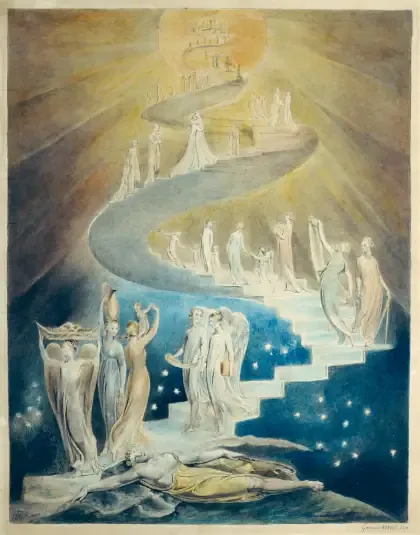
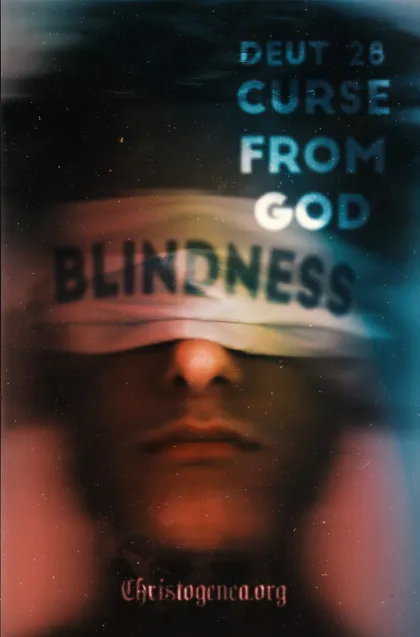


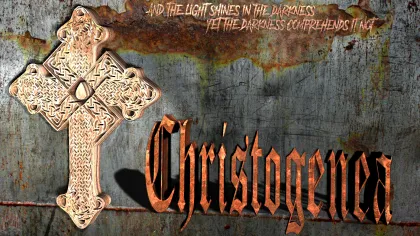
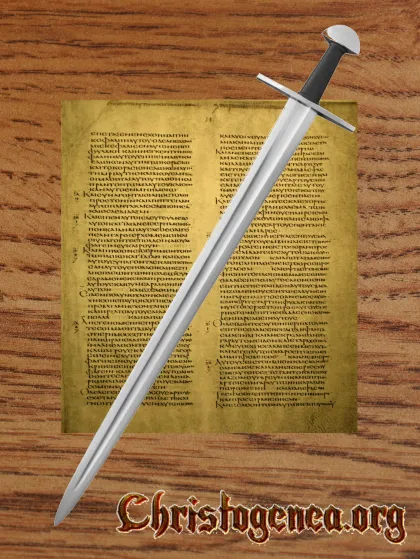





 A Critical Review of Bertrand Comparet’s Christianity Discriminates and We Face the Future
A Critical Review of Bertrand Comparet’s Christianity Discriminates and We Face the Future
 This evening, as we travel to Tallahassee to participate in some activities with the League of the South later this weekend, we are going to present two short sermons from Bertrand Comparet, entitled
This evening, as we travel to Tallahassee to participate in some activities with the League of the South later this weekend, we are going to present two short sermons from Bertrand Comparet, entitled 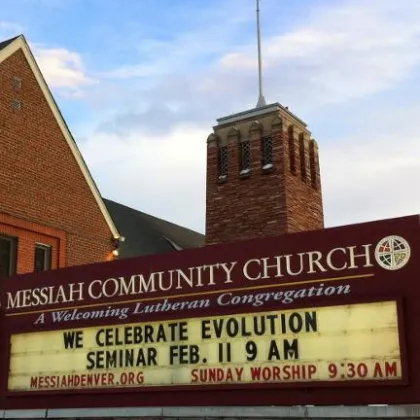
 A Critical Review of Let’s Examine the Evidence, by Bertrand Comparet
A Critical Review of Let’s Examine the Evidence, by Bertrand Comparet




 Please click here for our mailing list sign-up page.
Please click here for our mailing list sign-up page.







